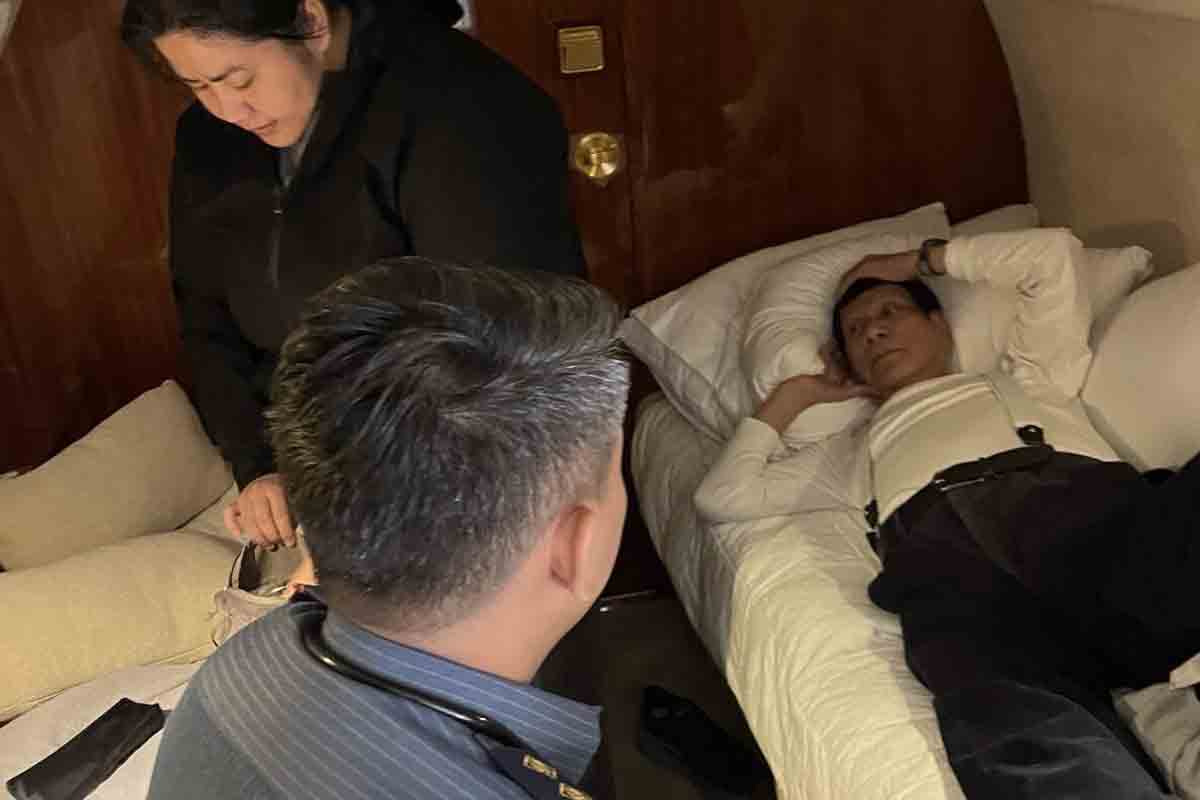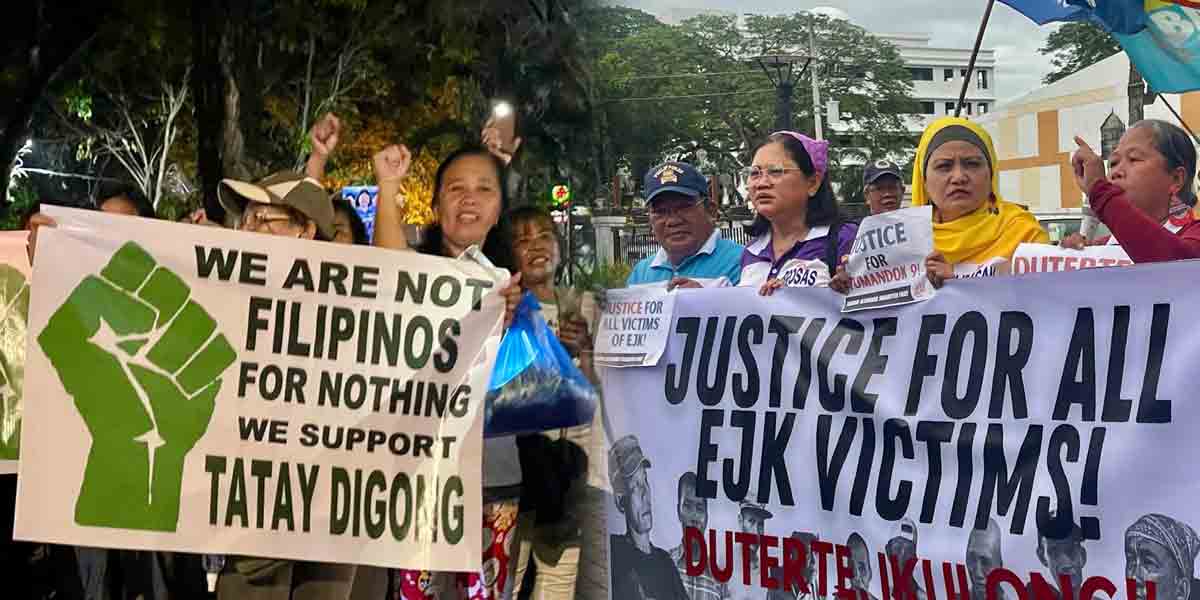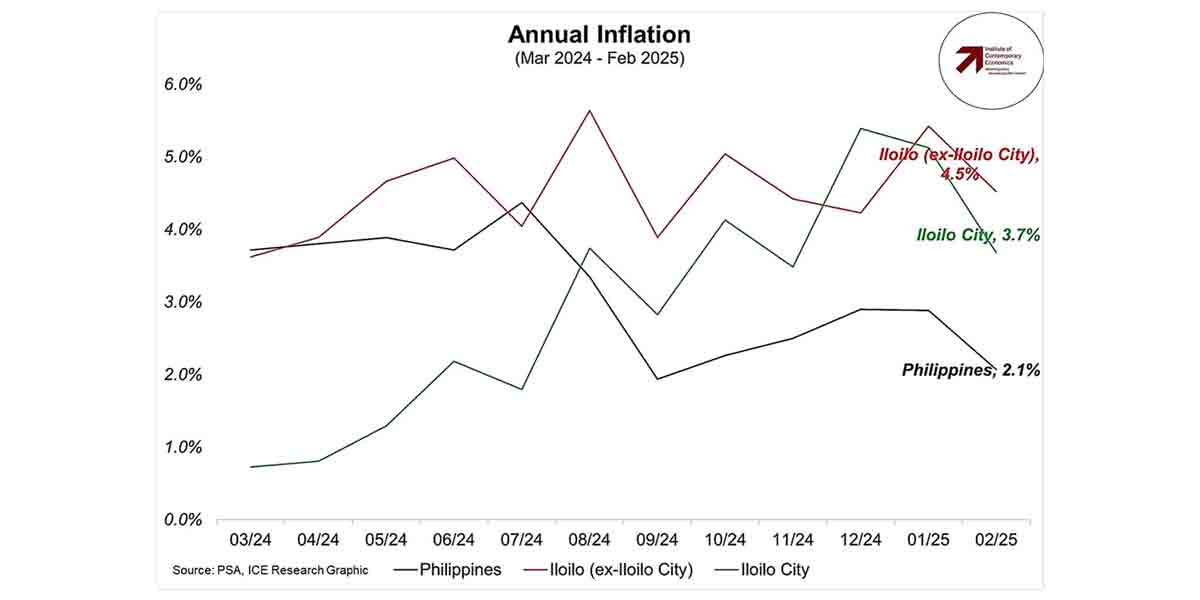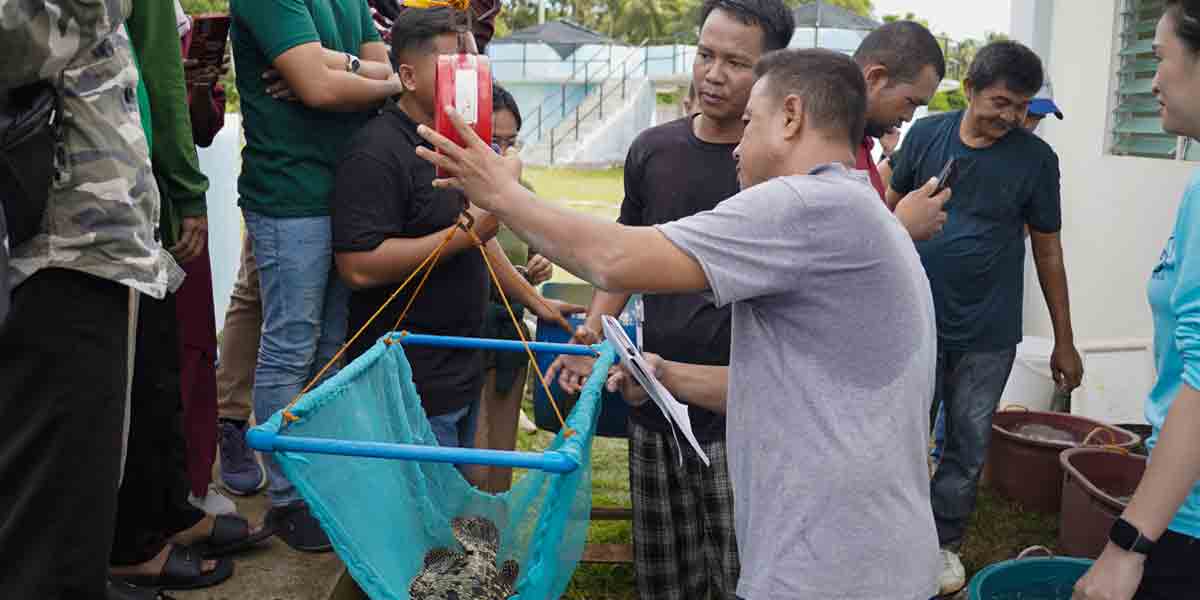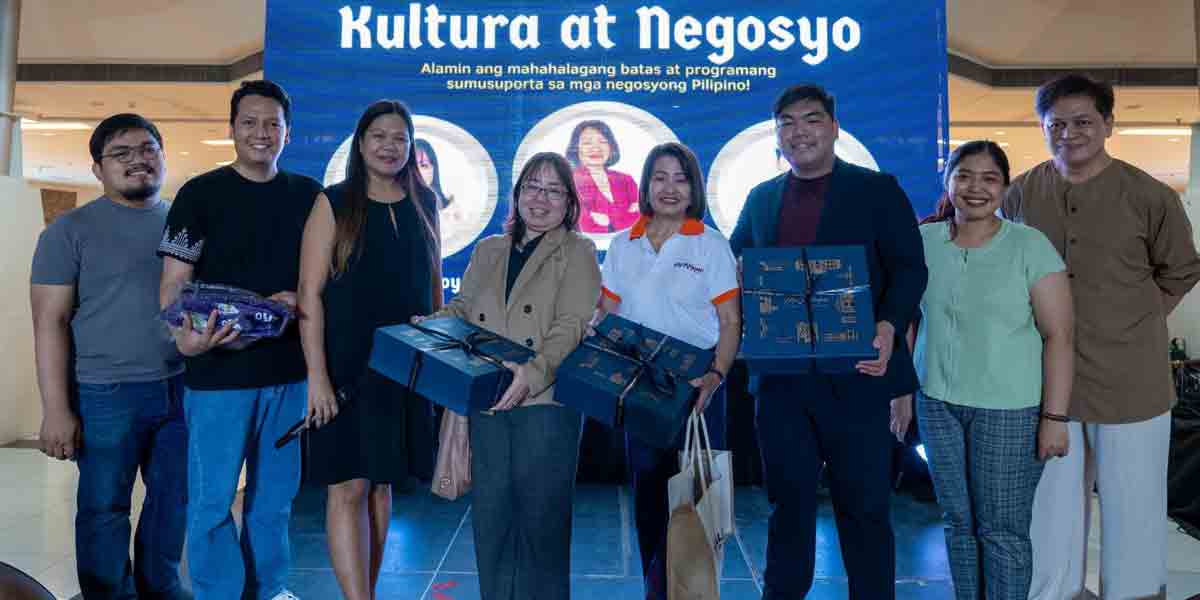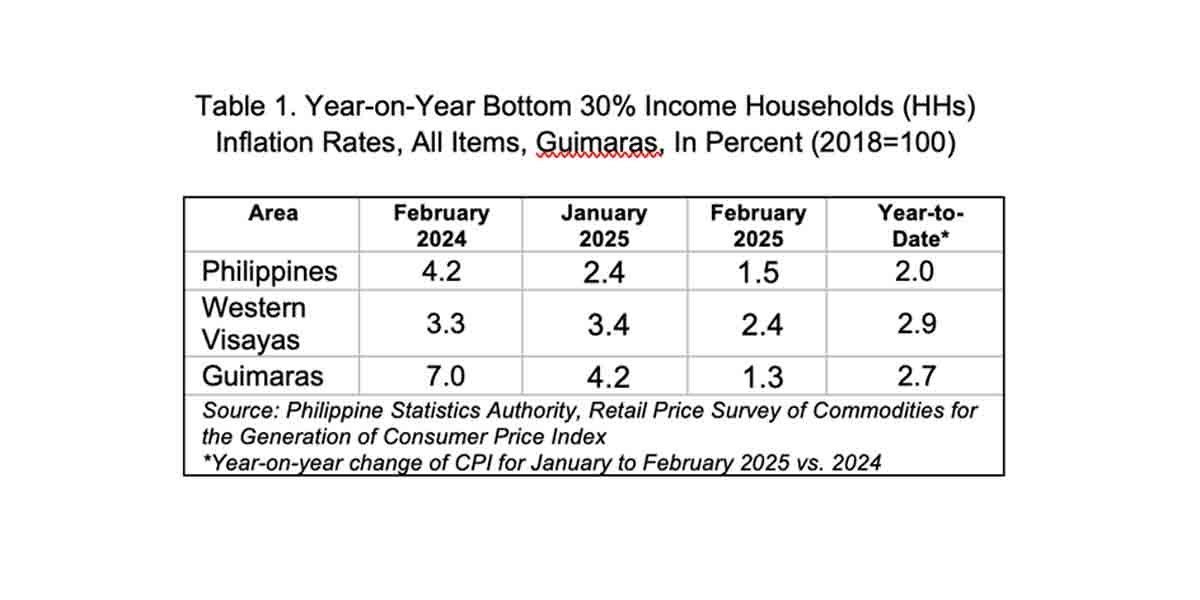
By Mariela Angella Oladive
More than 15,000 individuals in Western Visayas have benefitted from the Department of Social Welfare and Development’s (DSWD) Sustainable Livelihood Program (SLP) this year, aimed at improving the socio-economic conditions of marginalized communities.
As of 2024, the program has assisted 15,526 beneficiaries, achieving 91% of its target of 17,017. With a total budget of over PHP300 million, the DSWD has distributed PHP267.5 million to support recipients.
“Through the Sustainable Livelihood Program, we aim to empower vulnerable communities by providing them with the resources and skills necessary to create sustainable livelihoods,” said Pearlyn T. Cambronero, Regional Monitoring and Evaluation Officer for SLP at DSWD Region 6.
The regular SLP accounted for the largest share, aiding 14,189 individuals with over PHP252 million in livelihood support.
Additionally, 487 beneficiaries under the Program Convergence Budgeting (PCB)-Zero Hunger initiative received more than PHP7 million, while 850 individuals from conflict-affected and vulnerable areas (CVAs) were provided over PHP5 million in assistance under Executive Order 70 (EO 70).
The SLP offers two tracks: Micro-enterprise Development (MD) and Employment Facilitation (EF).
In the MD track, beneficiaries receive seed capital, skills training, and cash to build livelihood assets. The EF track focuses on employment assistance and skills training.
“Each household can enroll up to two members, pursuing different tracks based on their needs and goals,” Cambronero said.
Of the 15,526 participants, 12,601—or 81.16%—are Pantawid beneficiaries, who received PHP217 million in livelihood assistance.
The program’s impact spans multiple industries. Wholesale and retail trade accounted for the largest sector, supporting 14,023 participants across 353 projects. Other significant sectors include agriculture, forestry, and fishing, which involved 136 projects and 4,540 participants, as well as accommodation and food services, with 33 projects and 523 participants.
SLP initiatives have also supported manufacturing, water supply, transportation, and entertainment sectors.
